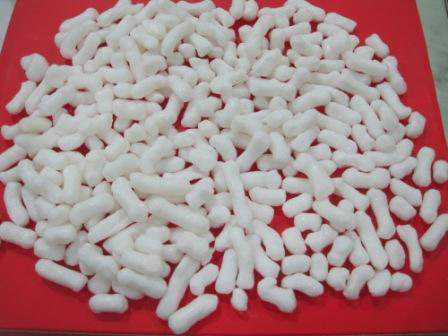
Toilet Soap noodles
100% vegetable oil soap noodles TFM 78%
Appearance: White particles
Ionization: Weak anion
pH Value: 9.5~10.5 (1% aqueous solution)
Solubility: It is easily soluble in warm water.
Test Report:
|
Item
|
Spec.
|
Result
|
Method of Analysis
|
|
Colour
|
white
|
white
|
visual
|
|
Total Fatty Matter
|
78.5-81.5
|
80.3
|
AOCS G 3-53
|
|
Moisture
|
10.5-13.5
|
11.97
|
AOCS Da 2a-48
|
|
Titer
|
43-47
|
44.5
|
AOCS Da 13-48
|
|
Free Fatty Acid
|
1.5 max
|
0.62
|
AOCS Da 4a-48
|
|
Sodiun Chloride as NaCL
|
0.4-0.7
|
0.46
|
AOCS Da 9-48
|
|
Glycerin Content
|
1.0 max
|
0.37
|
AOCS Da 23-56
|
Description:
Principal Ingredient: Sodium aliphatate
The saponification of animal or vegetable oils produces the soap base, water and glycerol, with soap grain obtained after the vacuum drying. It is mainly used in production of toilet soap, laundry soap, transparent soap, washing powder and other hard soap cleaning products.
Soap Grain: Carboxylate compound with superior wetting, dispersing and cleaning ability, applicable to soaping of textiles after dying and quick cleaning of production equipments
Basic Characters: Appearance: Cream yellow solid
Usage:
It is used in production of toilet soap, laundry soap, transparent soap, washing powder and other hard soap cleaning products.
Soaping Making: React with hardening oil and sodium hydroxide solution to produce soap, and the hardening oil is mainly used for adjusting the solidifying point of fatty acid to enhance the plasticity of soap
|






